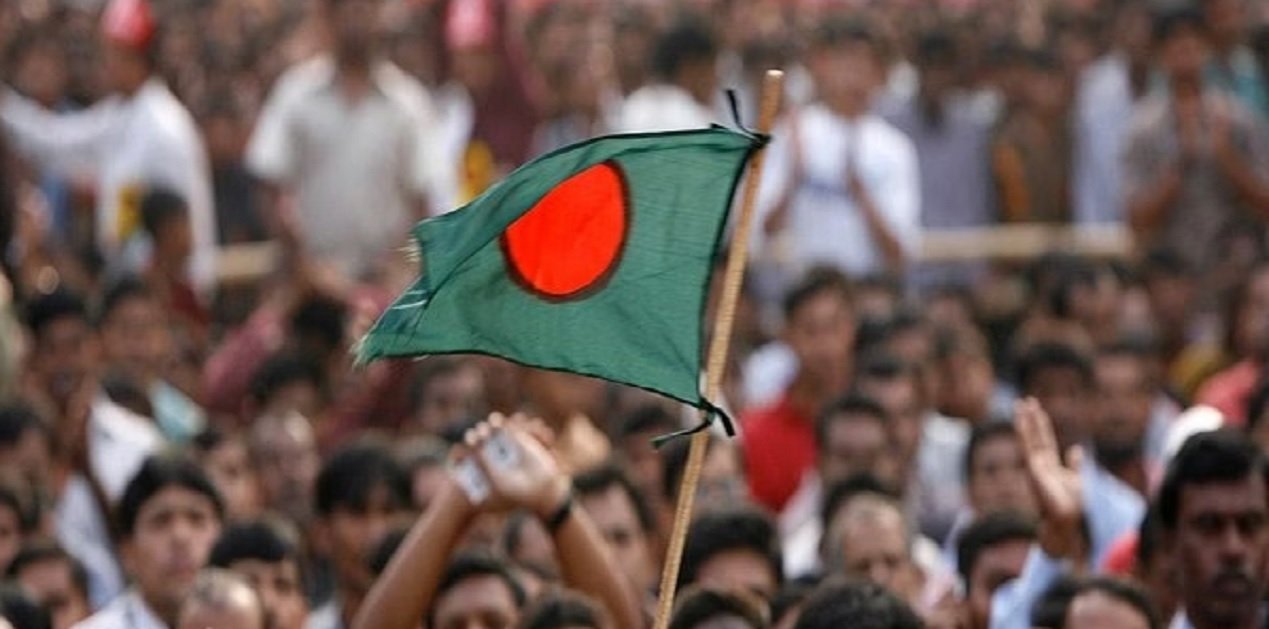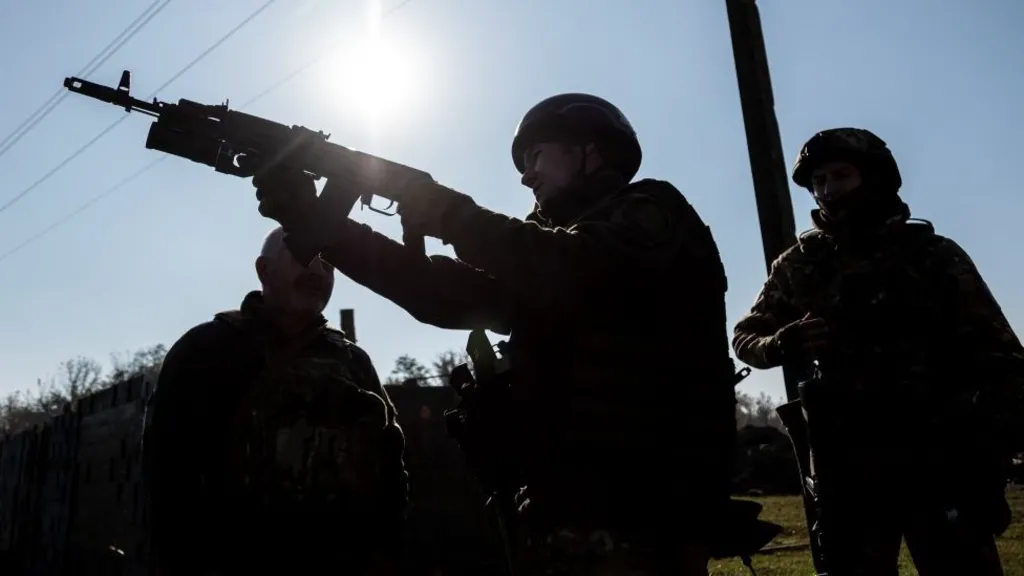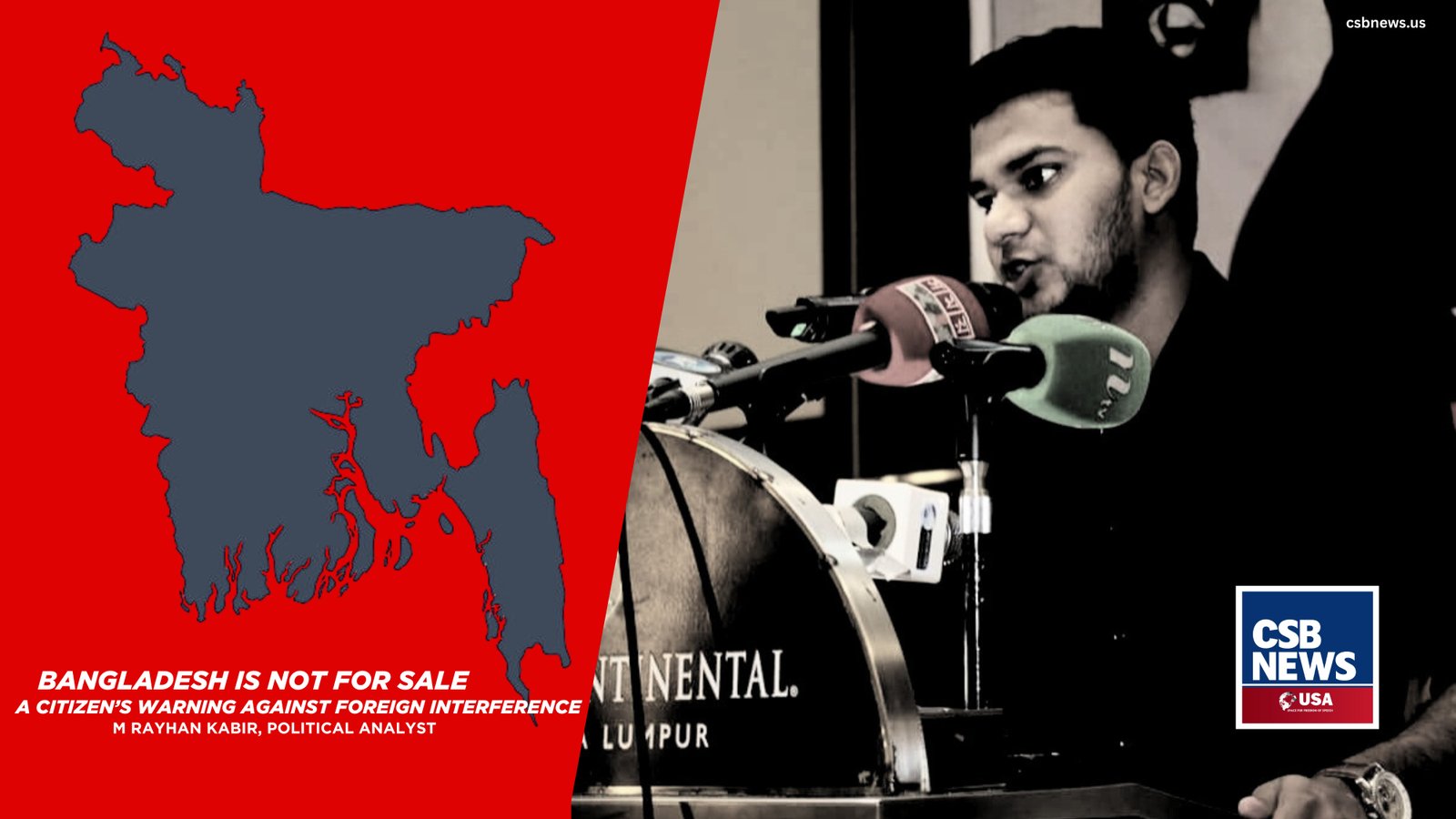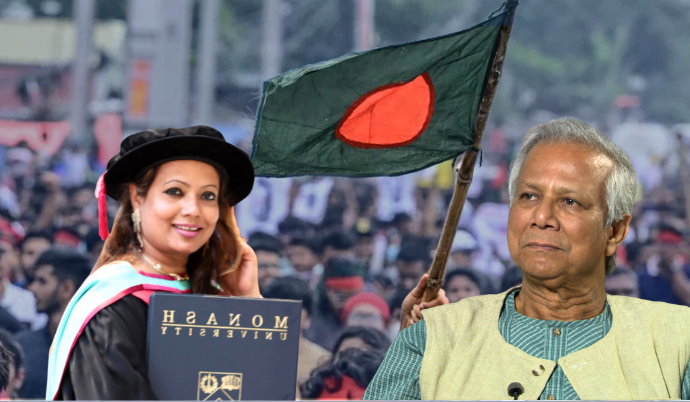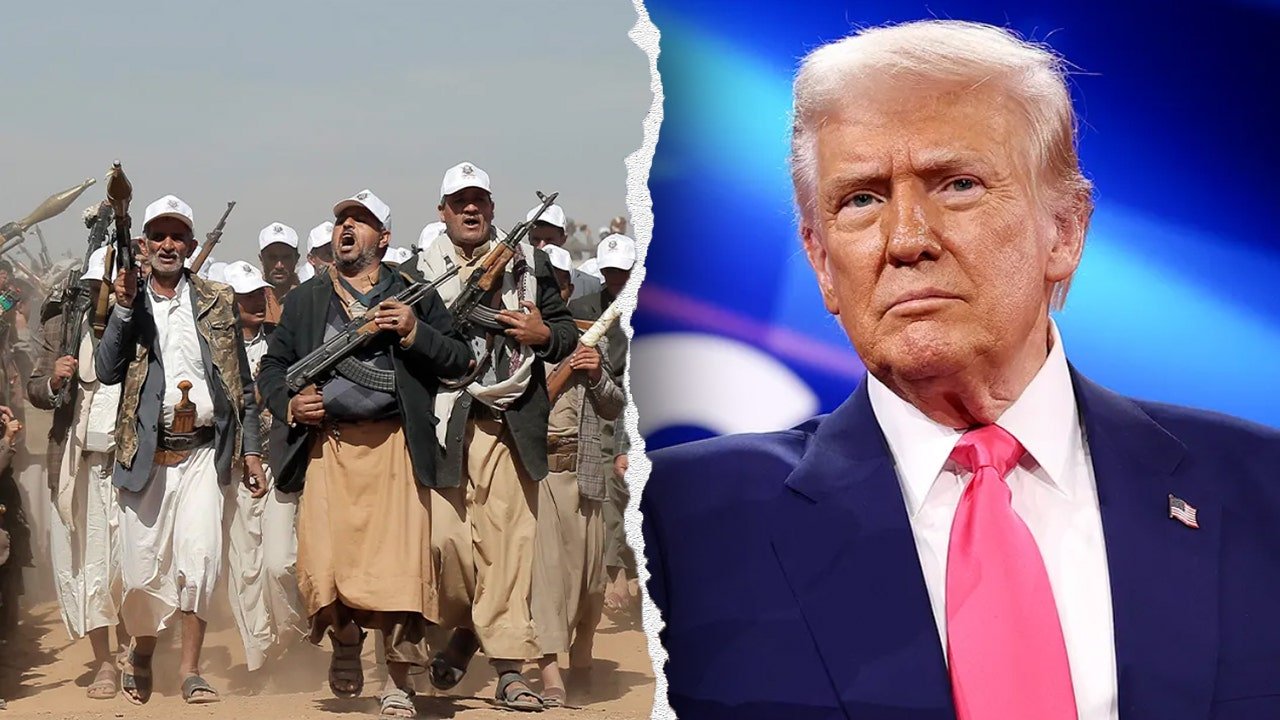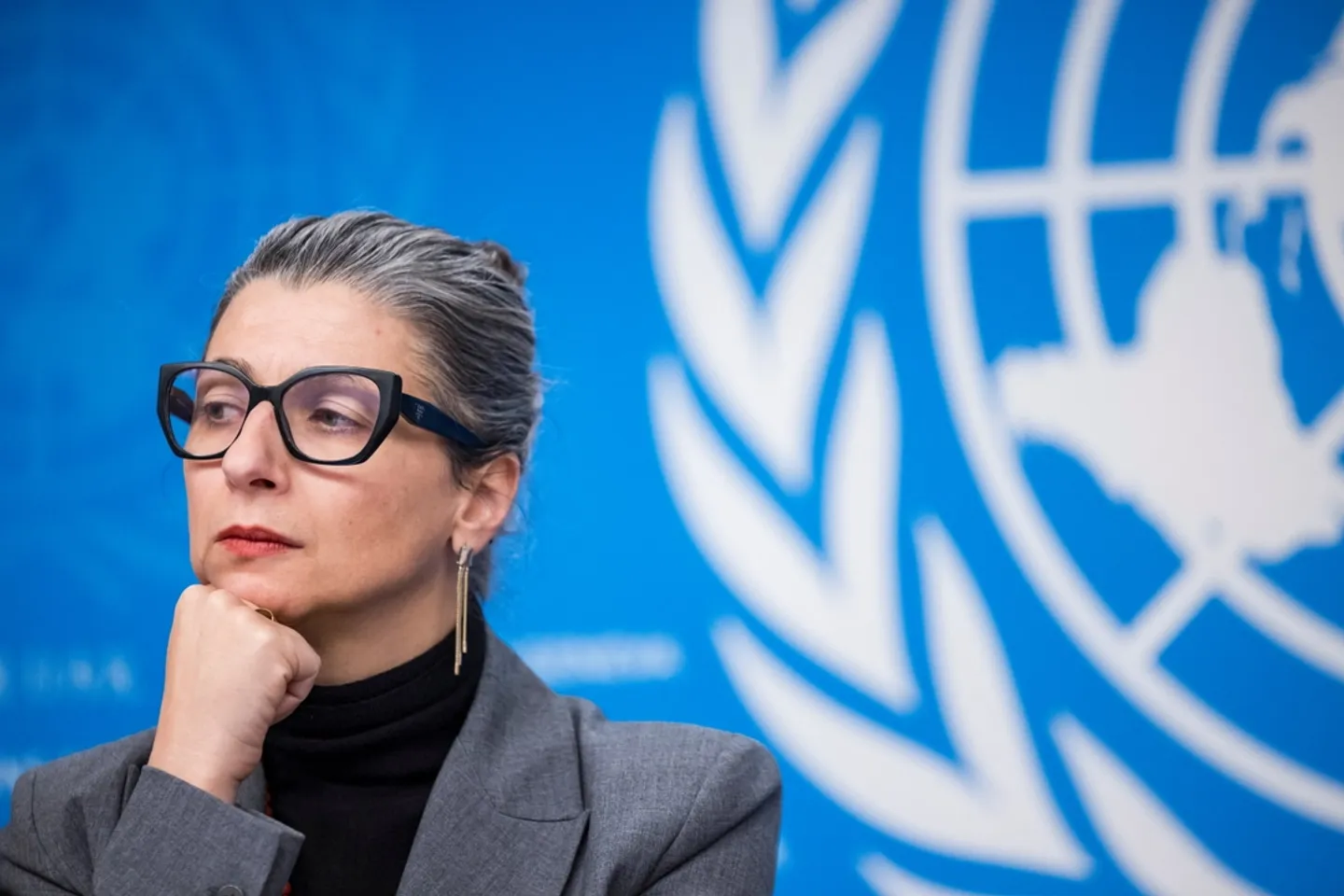Bangladesh Is Not for Sale, Nor a Failed State—Then Why Foreign Interference? A Political Analyst’s Warning
Bangladesh is not a failed state. We are not at war, nor are we on the brink of collapse. Yet, in July 2025, an unelected interim government of Bangladesh signed a secret agreement to allow a human rights mission under the United Nations High Commissioner for Human Rights (OHCHR) to be established in Dhaka. This agreement was made without open debate in Parliament,
Bangladesh Is Not for Sale, Nor a Failed State—Then Why Foreign Interference? A Political Analyst’s Warning
Bangladesh Is Not for Sale, Nor a Failed State—Then Why Foreign Interference? A Political Analyst’s Warning Bangladesh is not a failed state. We are not at war, nor on the brink of collapse. Yet, in July 2025, an unelected interim government signed a secret agreement to establish a human rights mission in Dhaka under the United Nations High Commissioner for Human Rights (OHCHR). This agreement was finalized without any open parliamentary debate, without public consultation, and without maintaining constitutional transparency.
This is not merely a technical arrangement—it is a political move with long-term consequences. History offers clear warning signs.
From Foreign "Monitoring" to National Collapse
Syria, Libya, Sudan, Iraq—each of these nations allowed international human rights missions, advisory teams, or so-called humanitarian corridors. But what began as “monitoring” ended in far worse scenarios:
Syria: Nearly 500,000 killed, over 7 million displaced.
Libya: NATO airstrikes under the guise of human rights missions led to militia-driven chaos.
Sudan: Civil war intensified even with UN presence.
Iraq: “Training” and “assistance” programs shattered sovereignty and stability.
Are we now treading the same path? As a peaceful and dignified—albeit imperfect—nation, can we not solve our own problems?
A Millennium of Bengali Dignity and Defiance
Bengali civilization is over a thousand years old—emerging from the Pala-Sena dynasties, ancient trading cities, and a fusion of Hindu-Buddhist-Islamic culture. The Bengal Renaissance, with figures like Raja Ram Mohan Roy, Rabindranath Tagore, and Kazi Nazrul Islam, transformed our land into a center of intellectual and social change.
In 1952, our youth sacrificed their lives for language at the Shaheed Minar, declaring:
“Chaos cannot silence our mother tongue.”
That fire guided us to the Liberation War of 1971—where we rose not with charity from others, but with our own resolve.
As Rabindranath Tagore said:
“Where the mind is without fear and the head is held high... into that heaven of freedom, let my country awake.”
His “Ekla Cholo Re”—“If no one responds, go alone”—became our mantra for self-reliance.
Kazi Nazrul Islam’s rebellious spirit still echoes:
“I am the eternal rebel… loud, raging, and alone.”
This thousand-year journey of intellect, empire, sacrifice, and freedom taught us dignity, courage, and resilience. Our sovereignty must not be weakened under the disguise of “assistance.”
Interim Government Has No Mandate for Foreign Agreements
Bangladesh’s interim or caretaker government has strictly limited constitutional duties: maintain law and order, organize elections, and ensure neutrality—nothing more.
Even the 2024 Supreme Court’s “Doctrine of Necessity” ruling clarified: an interim government cannot enter international agreements that affect foreign policy, sovereignty, or border security.
Based on precedents from 1996–2006 and democratic norms, such a government is administrative, not policy-making.
Yet this interim government has overstepped:
A secret deal with UN OHCHR
Confidential military-intelligence trade talks with the United States
A proposed “humanitarian corridor” with Myanmar—all unconstitutional and undemocratic
A Dangerous Geopolitical Pattern
These are not isolated incidents—they follow a known trajectory:
Human rights monitoring → Sovereignty erosion
Conditional trade deals → Military restructuring & foreign dependency
Corridor proposals → Border crisis & geopolitical traps
Bangladesh is now being perceived as a weakened state—despite being politically stable, culturally rich, and firmly sovereign.
Trade Deals, Corridor Plans, and Silent Consent
This same interim government is engaged in controversial talks with the US—offering strategic and commercial concessions in exchange for lower tariffs. Reportedly, the agreements include military procurement changes, revisions to information control laws, and foreign policy realignments—all hidden from public view.
There was even a “humanitarian corridor” proposal at the Myanmar border—which was ultimately scrapped following military opposition. The army chief called it a “bloody corridor.” Any government proposing such plans raises serious concerns about its foresight.
This Is Not Reform—It’s Decline
Yes, Bangladesh has problems—corruption, political polarization, and weak rule of law. But foreign pressure is not the solution—internal reform is. Outsiders who don’t understand our past, culture, or resistance cannot force solutions upon us.
Foreign missions cannot fix politics. They impose their own logic on others’ realities. And in doing so, they destroy the very structures they claim to protect.
A Final Warning
To the People: It’s time to wake up. We are not being helped—we are being controlled.
To Civil Society: Silence now means irrelevance later.
To the International Community: Show solidarity, not interference. Show respect, not oversight. Help us, but don’t try to own us.
Because Bangladesh is not for sale.
And from the remote villages of Sunamganj to the courtyard of Dhaka University, the people will never allow it.
— M. Raihan Kabir, Political Analyst


